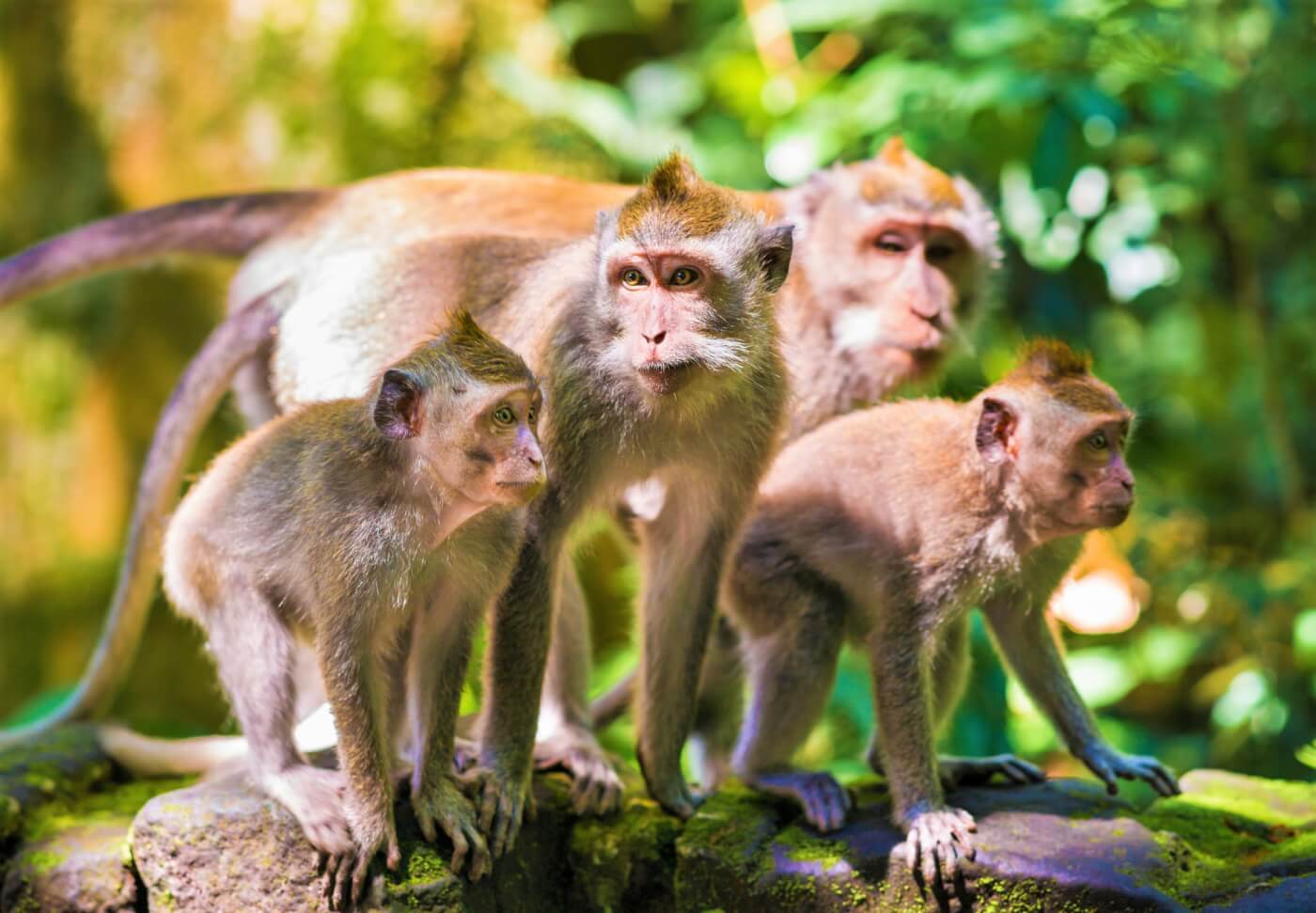Netherlands Researcher Wins PETA Grant to Study HIV Vaccine Failures
PETA is pleased to announce the recipient of a $50,000 grant to study decades of research that has failed to produce an effective HIV vaccine and determine whether laboratory experiments using monkeys will ever lead to one.
Dr. Merel Ritskes-Hoitinga, professor of “evidence-based transition to animal-free innovations” at Utrecht University in the Netherlands, and her team will conduct the research made possible by this first-of-its-kind grant, funded by generous PETA supporters Vienn and Salman Al-Rashid.
An Urgent Need
About 39 million people live with human immunodeficiency virus (HIV), according to the most recent estimates from the World Health Organization, and as many as 50 million people have died of HIV-related causes since the AIDS epidemic began in the 1980s.
For almost 40 years, experimenters have tried and failed—mostly using monkeys, who can’t even contract HIV—to create a vaccine for the virus. Why haven’t they succeeded? The research funded by this grant will provide part of the answer.
A Study of Studies
As the winner of the PETA grant made possible by the Al-Rashids, Ritskes-Hoitinga and her team will examine and report on all the published papers on every HIV vaccine that has been tried in humans. They will then compare the test results between human and nonhuman vaccine trials. This systematic review will give a full picture of what is true, what is false, what needs more research, and whether studies were biased or poorly conducted.
Systematic reviews are considered to produce the most complete, most objective, and most trusted level of scientific evidence about what does and doesn’t work. They’re also a critical step in PETA’s Research Modernization Deal, a commonsense strategy for moving toward a future of animal-free research.
Imminently Qualified
Prior to moving to Utrecht in 2012, Ritskes-Hoitinga cofounded the Systematic Review Center for Laboratory animal Experimentation (SYRCLE) while she was at Radboud University in Nijmegen, the Netherlands, and is a leader in the field of preclinical systematic reviews. She and her team aim to complete the review in 2024.
Based on the insights of the systematic review, it will become possible to implement better, evidence-based, animal-free research models to develop an effective HIV vaccine.
This means fewer monkeys will be used in cruel, deadly, and ineffective HIV vaccine experiments and will highlight the importance of systematic reviews to show that non-animal science is the best science.
What You Can Do
Nonhuman primates can’t contract HIV and develop AIDS (only humans can). Nevertheless, they have been the go-to model for HIV research. Please take a minute to join thousands of PETA supporters and call for the immediate closure of the seven federally funded national primate research centers:



